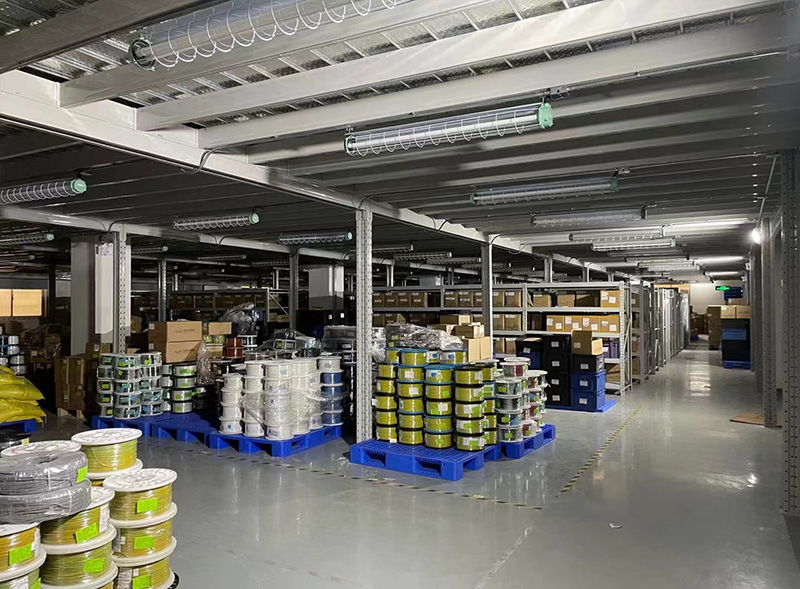If you’re managing a warehouse, factory, or industrial space, you’ve probably heard about heavy duty mezzanine platforms. These elevated structures are game-changers for maximizing vertical space—but their true value lies in their load capacity. Understanding how much weight a mezzanine can safely hold is critical for safety, efficiency, and compliance. Let’s break it down in plain terms.
A heavy duty mezzanine is a freestanding or structural platform installed between a building’s main floor and ceiling. Unlike standard mezzanines designed for light storage or office use, heavy-duty versions are engineered to handle serious weight—think pallets of machinery, industrial equipment, or dense inventory. They’re common in warehouses, distribution centers, manufacturing plants, and even retail backrooms.
Key features of heavy duty mezzanines include:

Load capacity isn’t just a number on a spec sheet—it’s the backbone of your mezzanine’s safety and functionality. Exceeding the weight limit can lead to catastrophic failures, OSHA violations, or costly repairs. Here’s how it works: